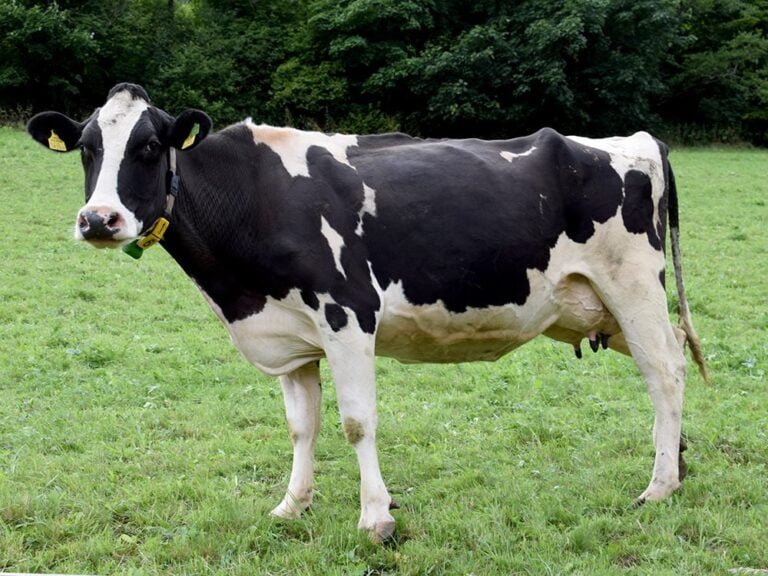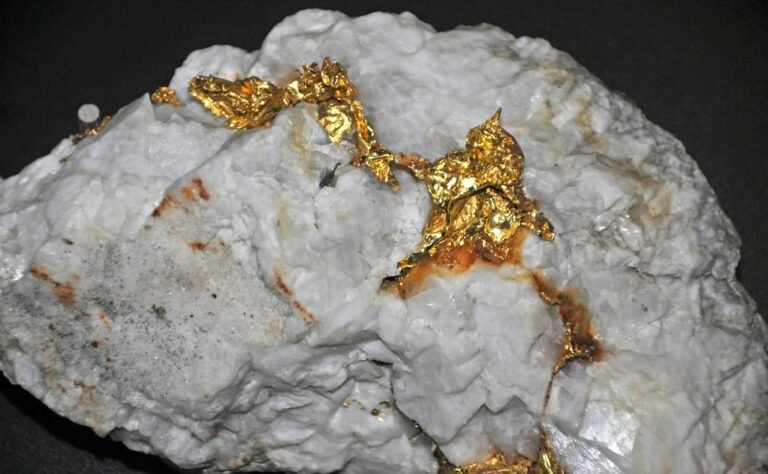il se peut que
The French phrase “il se peut que” is commonly used in everyday conversation to express possibility or uncertainty. In English, it translates to “it may be that” or “it is possible that.” This phrase is often followed by a verb in the subjunctive mood, which is used to convey doubt, possibility, or uncertainty.
Breaking Down the Phrase
- Il: This means “it” in English. It is a subject pronoun.
- Se peut: This translates to “may be” or “is possible.”
- Que: This means “that” and introduces a clause that will explain what is possible.
So, “il se peut que” literally means “it is possible that.”
Using “Il se peut que” in Sentences
Here are a few examples to show how “il se peut que” is used in different contexts:
- Expressing Possibility
- French: Il se peut qu’il pleuve demain.
- English: It may be that it will rain tomorrow.
- Expressing Uncertainty
- French: Il se peut que Marie soit en retard.
- English: It is possible that Marie is late.
- Speculating About Future Events
- French: Il se peut que nous allions en France cet été.
- English: We might go to France this summer.
- Talking About Hypothetical Situations
- French: Il se peut qu’il y ait un problème avec la voiture.
- English: There might be a problem with the car.
Structure of the Phrase
Notice that after “il se peut que,” the verb following “que” is in the subjunctive mood. This is important because the subjunctive is used to express uncertainty or possibility. Here’s how you can identify and use the subjunctive in a sentence:
- Identify the verb after “que.”
- Conjugate it in the subjunctive mood.
For instance, in the sentence “Il se peut que Marie soit en retard,” the verb “être” (to be) is conjugated as “soit” in the subjunctive mood.
More Examples with Subjunctive Verbs
- Il se peut que tu aies raison.
- Translation: It is possible that you are right.
- Subjunctive verb: “aies” (from “avoir” – to have)
- Il se peut qu’ils viennent ce soir.
- Translation: They might come tonight.
- Subjunctive verb: “viennent” (from “venir” – to come)
- Il se peut que nous finissions tôt.
- Translation: We might finish early.
- Subjunctive verb: “finissions” (from “finir” – to finish)






